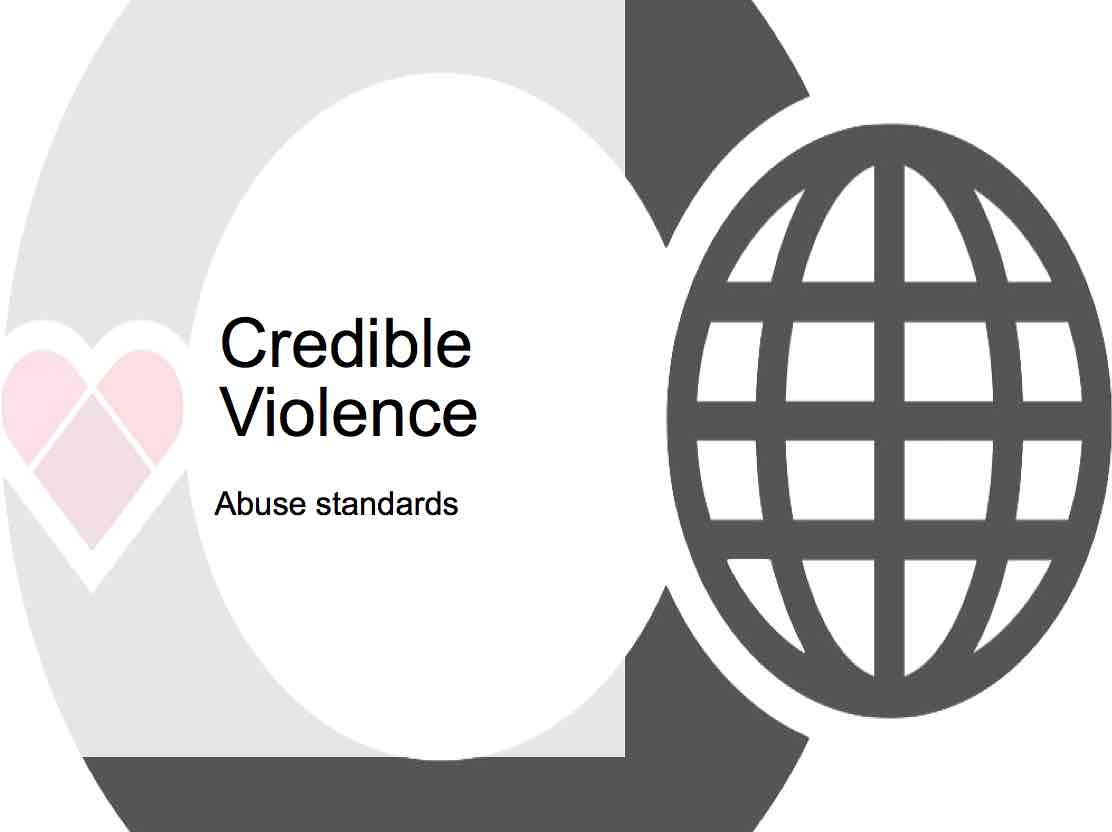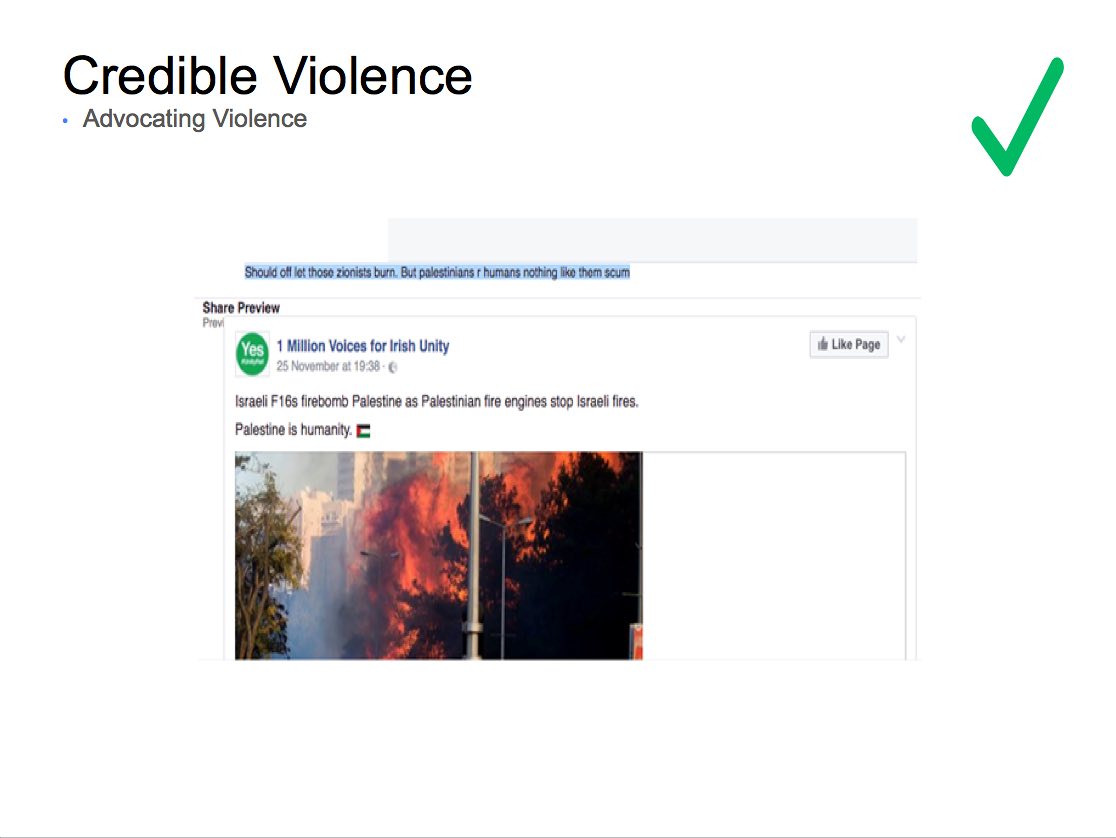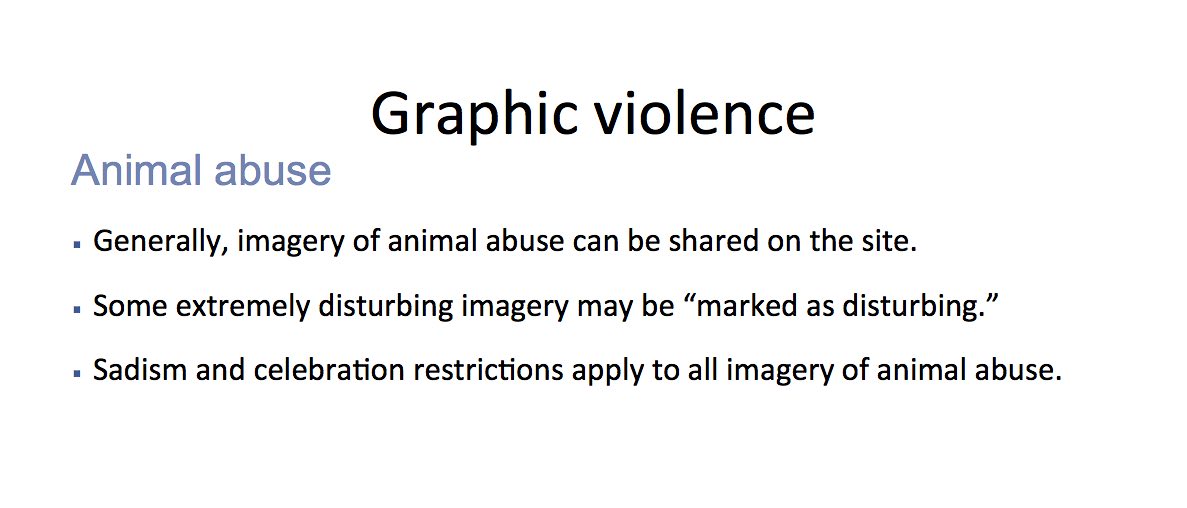There has been a conversation about social media’s role in protecting free speech, with Facebook taking centre stage. A recent leak of the company’s secret moderator guidelines is now opening a new discussion on whether private companies should be allowed to decide what is allowed on the internet.
The documents leaked by UK newspaper the Guardian outline the principles on which Facebook decides what stays and what has to be deleted. It covers a variety of topics like threats of violence, pornography, racism, self-harm, and even match-fixing. None of this should come as a surprise for those familiar with comments on Facebook.

However, the guidelines themselves are relatively vague; leaving quite a bit of room for the moderators to make their own judgement calls. One group that does receive a lot of protection happens to be public figures like heads of state, celebrities, activists, and journalists. Unlike regular people, all threats against this group is always considered real and credible.
For the rest of humanity, the moderators are asked to assess if the threat is credible. This takes the form of whether the threat includes specifics of how it is to be carried out, or if it takes a more aspirational tone. Moderators are also asked to removed any post that advocates violence against one or more groups. Interestingly, it specifically includes drug addicts in the Philippines (possibly addressing the political situation in the country).

Not all portrayals of violence will be blocked on Facebook. Images and videos can be posted provided they include a warning. Similarly, posts about self-harm are allowed because Facebook “doesn’t want to censor or punish people in distress”. This includes things like cutting one’s self on a livestream.
The topic of nudity is a rather sensitive subject for Facebook. The company got into trouble for deleting a historical Vietnam War picture just because it featured a naked child. Since then, it seems to have revisited the policy and now allows “handmade art” showing nudity and sexual activity. However, digitally made art is not allowed.
Facebook’s entire document covers some 200 pages, with the rest of it following the same language. It’s easy enough to follow, since it’s all done in the form of slides with minimal text.

The company is under pressure in Europe to increase its policing of comments. At the moment, Facebook is facing heavy fines in the event that it does not remove certain comments within a short amount of time. A Herculean feat considering that the offending posts need to be checked by a human moderator.
Still, these documents provide an insight into why your posts were deleted by Facebook. Although, owners of groups and pages are also always out there moderating their own comments section.
[Source: The Guardian]
Follow us on Instagram, Facebook, Twitter or Telegram for more updates and breaking news.



